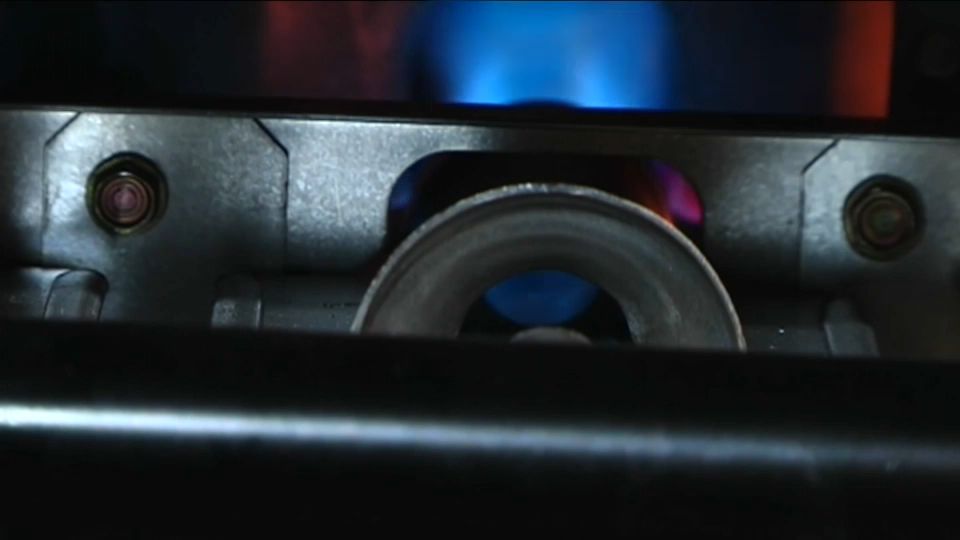NORTH TONAWANDA, N.Y. -- A lot of questions remain about New York Gov. Kathy Hochul's to phase out fossil fuel-powered appliances.
Critics expect to get more specifics soon, perhaps when she releases her budget.
For instance, a major part of the argument from Republican lawmakers at a Friday press conference in North Tonawanda was about the impact of banning gas stoves in homes and restaurants. Gov. Kathy Hochul's office pushed back that since last week it's been clear the proposal is focused on heating equipment and stoves are carved out.
This plan, announced during her State of the State address, originally came as a recommendation from the Climate Action Council. Hochul's office is proposing prohibiting the sale of new replacement gas heating equipment for homes and smaller buildings by 2030 and larger buildings by 2035.
For new construction, those dates would be 2025 and 2028 respectively. While Ortt's office remains skeptical it won't include stoves, the minority leader said the cost-benefit analysis doesn't make sense regardless.
He said average New Yorkers don't have the money to retrofit their gas-powered heat to electric and it will be expensive for businesses and the state in general. The council's cost estimate to implement all of its recommendations was $270 billion over 30 years.
Ortt also believes the plan will do little to reduce emissions overall, pointing out even if there is some impact in New York state, much of the electricity is coming from coal burning plants in other states like Pennsylvania.
"This is not going to do anything to solve our climate problems. All it's going to do is drive up costs in a state that is already increasingly on of the least affordable states in the country and that's why people are heading to Florida. That's why people are leaving this state," Ortt said.
The governor's office said it's been clear the state has to take bold steps on the climate to protect the health and safety of our children and 30% of state greenhouse gas emissions come from buildings.
Her office said the proposals also include subsequent regulatory processes to examine exemptions which could include things like emergency back up power, commercial kitchens, hospitals and more.



